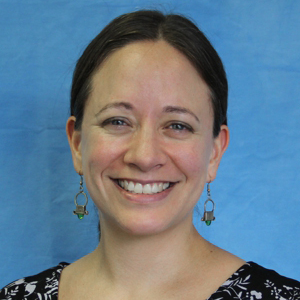February 7, 2023
¿Qué se sabe de la nueva prueba casera de cáncer de colon?
Data and Metrics Posts en Español Uncertainty and Misinformation
Sandra Albrecht, PhD MPH
La prueba casera de detección del cáncer de colon utiliza una muestra de heces recogidas por el propio paciente para buscar signos de ADN canceroso. Ese una prueba eficaz y cómoda para la mayoría de las personas entre 45 y 75 años. La prueba casera de ADN (comercializada como Cologuard en EE.UU. y Colo-Alert en Read more…
February 7, 2023
Why do Those Nerdy Girls use phrases like “people with cervices” and “people who lactate” in your reproductive health posts? Why not just say “women”?
Health Policy Reproductive Health Social and Racial Justice

MK Haber, FNP-C, IBCLC
TL;DR: Our phrases include more people. When we exclude people by not naming them, they may lack access to critical information they need to make potentially life-saving decisions. We are science communicators. We take complicated scientific research and medical recommendations and try to make them easily digestible to our readers. As scientists, we must be Read more…
La prueba casera de detección del cáncer de colon utiliza una muestra de heces recogidas por el propio paciente para buscar signos de ADN canceroso. Ese una prueba eficaz y cómoda para la mayoría de las personas entre 45 y 75 años. La prueba casera de ADN (comercializada como Cologuard en EE.UU. y Colo-Alert en Read more…
February 7, 2023
Why do Those Nerdy Girls use phrases like “people with cervices” and “people who lactate” in your reproductive health posts? Why not just say “women”?
Health Policy Reproductive Health Social and Racial Justice
MK Haber, FNP-C, IBCLC
TL;DR: Our phrases include more people. When we exclude people by not naming them, they may lack access to critical information they need to make potentially life-saving decisions. We are science communicators. We take complicated scientific research and medical recommendations and try to make them easily digestible to our readers. As scientists, we must be Read more…
TL;DR: Our phrases include more people. When we exclude people by not naming them, they may lack access to critical information they need to make potentially life-saving decisions. We are science communicators. We take complicated scientific research and medical recommendations and try to make them easily digestible to our readers. As scientists, we must be Read more…

